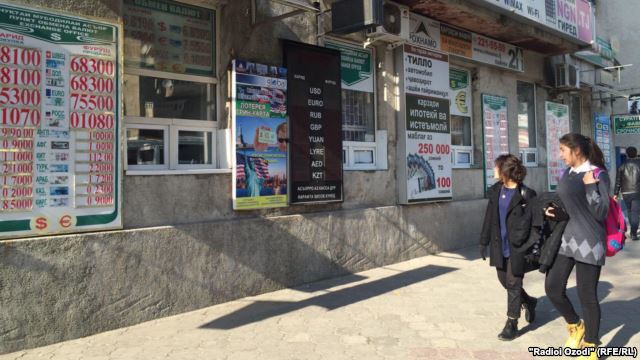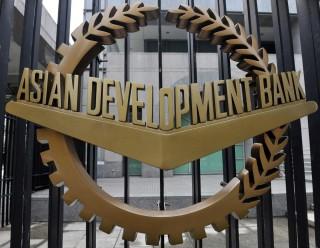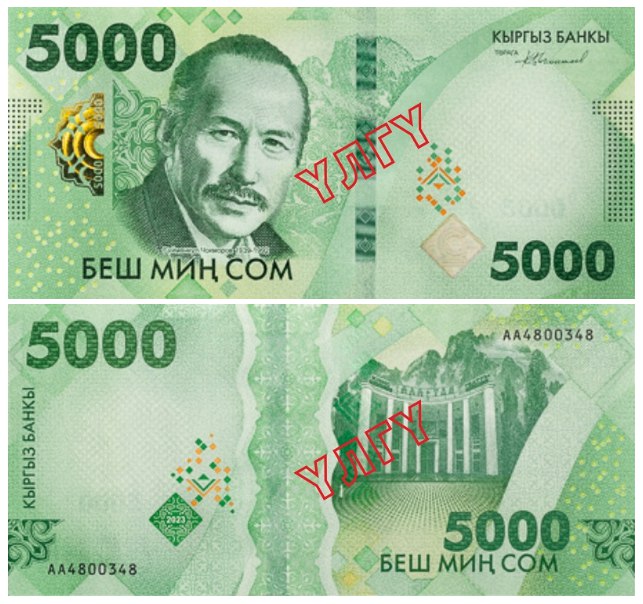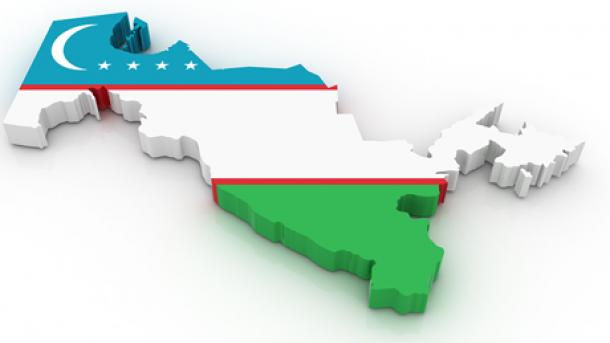DUSHANBE (TCA) — The parliament of Tajikistan has approved amendments criminalizing “illegal” hard-currency exchanges.
According to the amendments to the Criminal and Administrative Codes approved by the lower house of the parliament on March 9, “illegal hard-currency exchange operations” will be punished by fines or up to nine years in prison for repeated violations by a group of individuals.
The amendments, which still must be signed by President Emomali Rakhmon to become law, deems as illegal any hard-currency exchange operations outside of banks and official financial institutions.
Tajik authorities said in January that the amendments’ aim was to “curb” illegal speculation with hard currency that led to the abrupt devaluation of the Tajik currency, the somoni, RFE/RL’s Tajik Service reported.
In December, Tajik authorities shut down all independent currency exchange booths operating across the country, citing the somoni’s dropping value.
Tajik citizens have complained that Tajik banks have set the value of the somoni artificially high, prompting many to turn to the black market.
Avesta news agency cited Jamoliddin Nuraliyev, first deputy chairman of Tajikistan’s National Bank, as saying that speculations by currency exchange booths were among the factors that led to the growing exchange rate of the US dollar against the somoni. The country had 1.5 thousand exchange booths that had $24 million in circulation.









